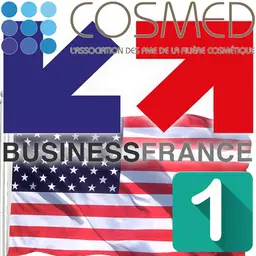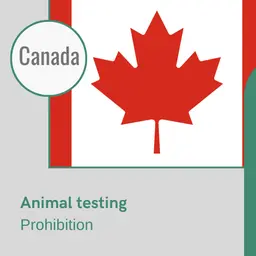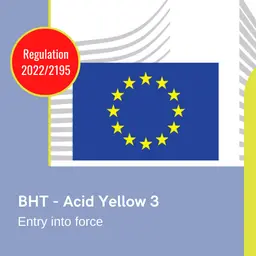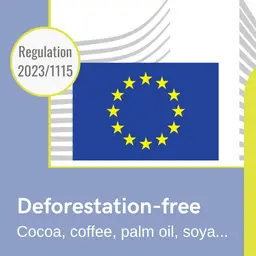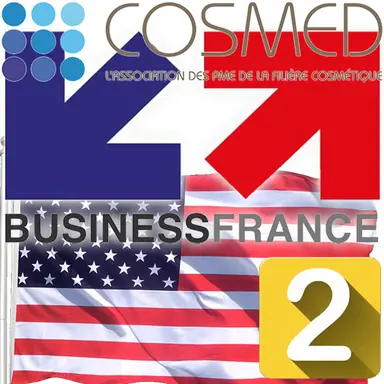
Under American regulations, cosmetics are divided into two different categories, contrary to what is implemented in Europe. As a result, it is crucial to get familiar with these differences and comply with US requirements before exporting your products there. At Cosmed’s congress dedicated to international cosmetics regulations, Béatrice Moreau, Manager at Registrar Corp, presented the essentials in terms of US regulations.
In the US, it is FDA (Food and Drug Administration) that determines the classification of a product as a cosmetic or as an OTC.
Béatrice Moreau explained that ’to understand how FDA classifies products, the notion of Intended Use is most important. It is even the only thing to remember.’
This principle involves three main points:
• Claims (on the packaging, printed documents, websites…)
• Consumer perception or product reputation
• List of ingredients
Cosmetic, drug, or OTC?
The Intended Use varies according to the product classification.
Definition of a cosmetic product
The FD&C Act defines a cosmetic product as any article intended to be rubbed, poured, sprinkled, or sprayed on, introduced into, or otherwise applied to the human body for cleansing, beautifying, promoting attractiveness, or altering the appearance.
Béatrice Moreau added that ‘altering’ refers to superficial changes.
Definition of a drug
The FD&C Act provides for a drug to treat, cure, or mitigate the effects of a disease or a condition related to a disease.
A drug is intended to affect the structure or any function of the body through chemical action.
‘Among cosmetics, many products change the physiology, like deodorants or toothpaste intended to act …

